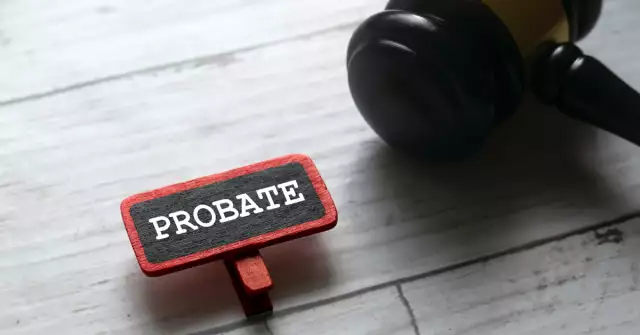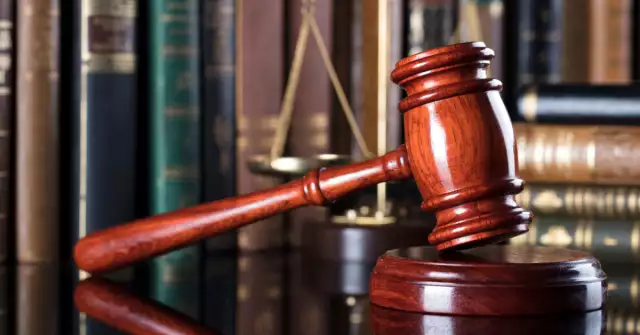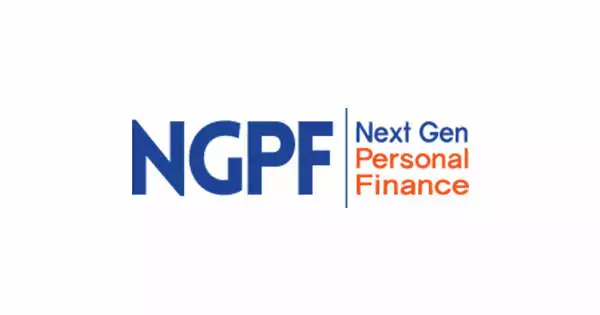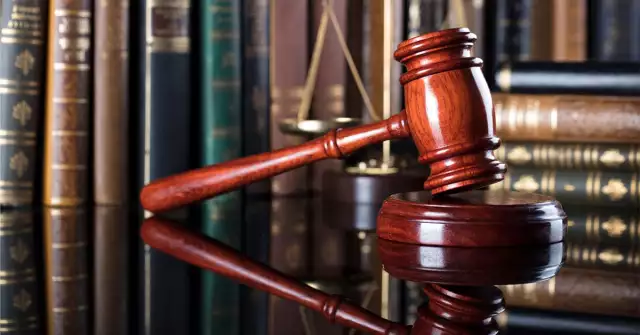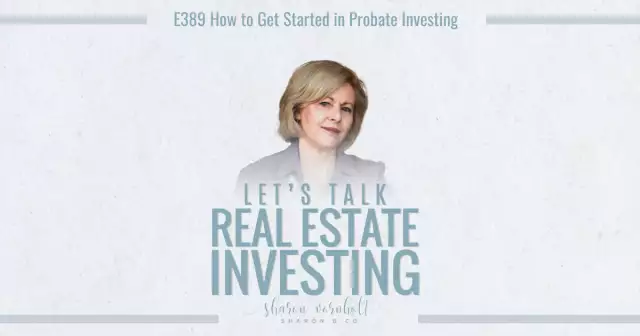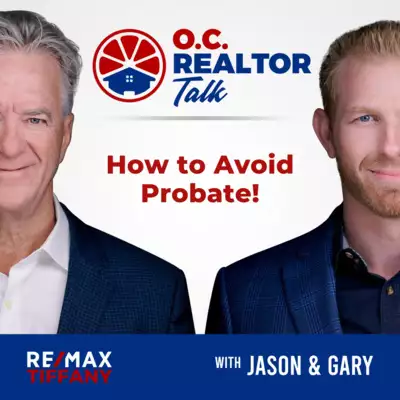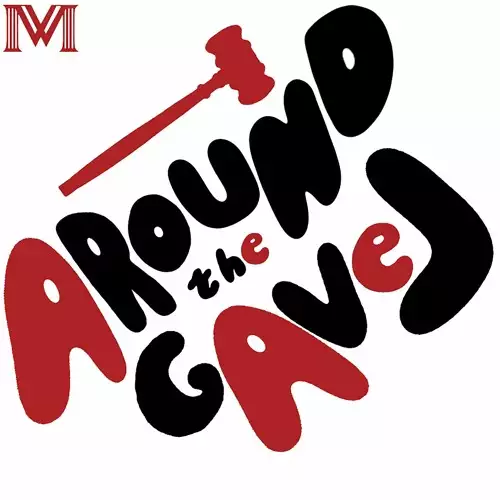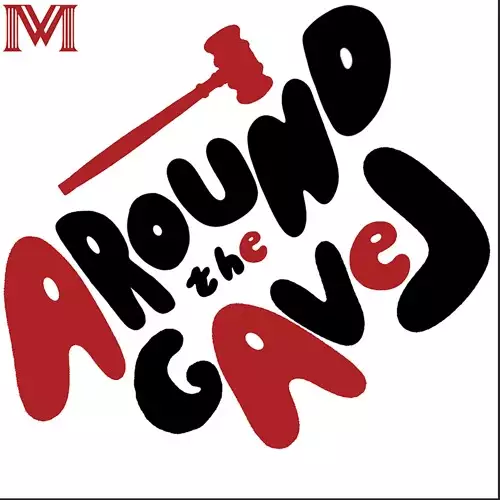How to Avoid Probate: Is It Even Possible? - WeidnerLaw
How to Avoid Probate: Is It Even Possible? - WeidnerLaw
We understand that estate owners want to make sure that their estates transfer with equity. However, establishing fairness and, more importantly, your personal wishes isn’t as simple as you might like. Your death, interestingly, is a public event if you don’t have the right planning in place. The more that your estate becomes public, the more that it’s subject to the wishes and whims of a public court. Knowing how to avoid probate might be your only solution to peace of mind. With the help of a trained lawyer, you can rest assured that your wishes stand in the end.
Why Avoiding Probate is More Than Possible

How to Avoid Probate
Avoiding probate, just like reducing taxes, needs to be done with legal steps in mind. There’s nothing wrong with hoping to make the most of your resources. How you make the most of what you have dictates whether you avoid probate or encounter the entire process. There are many reasons why one would prefer to have their estate transferred without administration. Among the chief reasons is privacy. When you have a beneficiary to receive your estate’s assets, the privacy of your estate ensures that taxes are delayed or that creditors are quickly kept at bay.
What Exactly is Probate—Why Is it Necessary?
Probate is a default hearing issued by public courts in an attempt to disburse someone’s estate. This disbursement may or may not benefit the estate owner or their likely beneficiaries. The state you live in, essentially, needs to make a final account of someone’s possessions, tax and debt liabilities. All of these get assessed during a probate trial. The two types of probate account for the decedent’s, which is the person deceased, will or lack thereof. Someone with a will still needs a probate trial to confirm their will’s wishes. Estates without a will—will also get probated.
How Does Probate Work For or Against Me?
There are some instances when a probate hearing is beneficial. A will, for example, gets probated in order to verify the claims made within it. This process is public and gives family, friends or business partners a chance to hear your last words. Estate owners who want to make a public display might do so in order to deflect eyes from their private assets. You can, for example, use probate to divert public opinion in order to have private assets transfer without anyone questioning it. Probate does, however, work against you if you lack a clear estate plan.
Can I Learn How to Avoid Probate?
Through the help of an attorney and proper estate planning, you can avoid probate or use it to your advantage. First off, avoiding probate doesn’t call for you to break the law or deal dishonestly. You have a legal right to amend your estate and keep it private, but your privacy is only sustained if you have beneficiaries for your assets. The tax and debt loopholes of estate transferring exist due to a unique clause within legal ownership. You’re only taxed on or liable for the things you legally own. Assigning your assets to others is a first step in avoiding probate.
What Type of Estate Planning Do I Need Right Now?
There are a number of tools that can deflect the necessity of probating your estate. The simplest tools at your disposal are revocable and irrevocable trusts. A trust, regardless of its type, is an arrangement that calls for a grantor, you, to open a trust, a trustee to manage the trust’s assets and a then beneficiary to receive the trust later on. This complex order of ownership essentially makes the trust the owner of anything you place within it. This condition allows you to avoid probate since your assets, at the time of your death, wouldn’t be under your direct ownership.
Does a Trust Require Large, Valuable Assets?
Contrary to what many believe, you don’t need millions or billions of dollars to benefit from a trust. A trust is simply a formal arrangement that public courts are legally bound to respect. Some of the common possessions you currently have are legally protected in a trust. No matter the full amounts, most investments can be stored in a trust. Titles to vehicles or property are also eligible for use in a trust. You’ll need nothing more than the resources used to open a trust and then a few financial valuables to store within that trust. This might include any capital gains.
How Do I Create Assets With Joint Ownership?
A joint ownership can be legally created by simply finding a business partner to share property with. Property and other assets held within a joint ownership title will avoid probate. This is because, by default, the property owned by two tenants, for example, is transferred entirely to a single tenant should one of them die. Just be sure to register such property with both owners having equal share of the assets put into question. That equal share, however, is only honored for the joint property and nothing else that the dying owner personally owns in their estate.
Can I Just Name a Beneficiary For My Possessions and Bank Accounts?
Another clever way to avoid a full probate is by listing beneficiaries as often as you can. Keep in mind, additionally, that the following options cannot dodge probate entirely. With the strategies below, however, you can make sure that certain assets never see the light of a probate hearing. Start with considering the following and being sure to assign beneficiaries before it’s too late:
• Payable Upon Death Benefits: Bank accounts can be transferred upon your death but only when you select a specific beneficiary and submit the right documents for them. • Transfer of Deeds: Real estate can also be transferred upon death, but this doesn’t include everything a house might hold inside of it. • Transfer of Securities: Securities are stocks and other financial investments that you, prior to dying, assign to a specific person. • Transfer of Vehicles: Though largely restricted in Florida, cars, boats and even motorcycles can be titled to others so that those beneficiaries receive them upon your death.
The Right Professional to Help in a Time of Probate
Death is inevitable, but this doesn’t mean that you have to technically lose all of your possessions once you die. Creating a road map for your assets ensures that their future transfer happens according to your personal demands. Probate can be used to your advantage, but there are major risks in leaving your entire estate exposed to a probate trial. Even with a written will, public spectators can make claims against your wishes after you die.
You can prevent this from occurring by avoiding probate entirely. Weidner Law, at 727-954-8752, offers valuable insights into Florida probate, and you can learn all you’ll need directly from our office.
